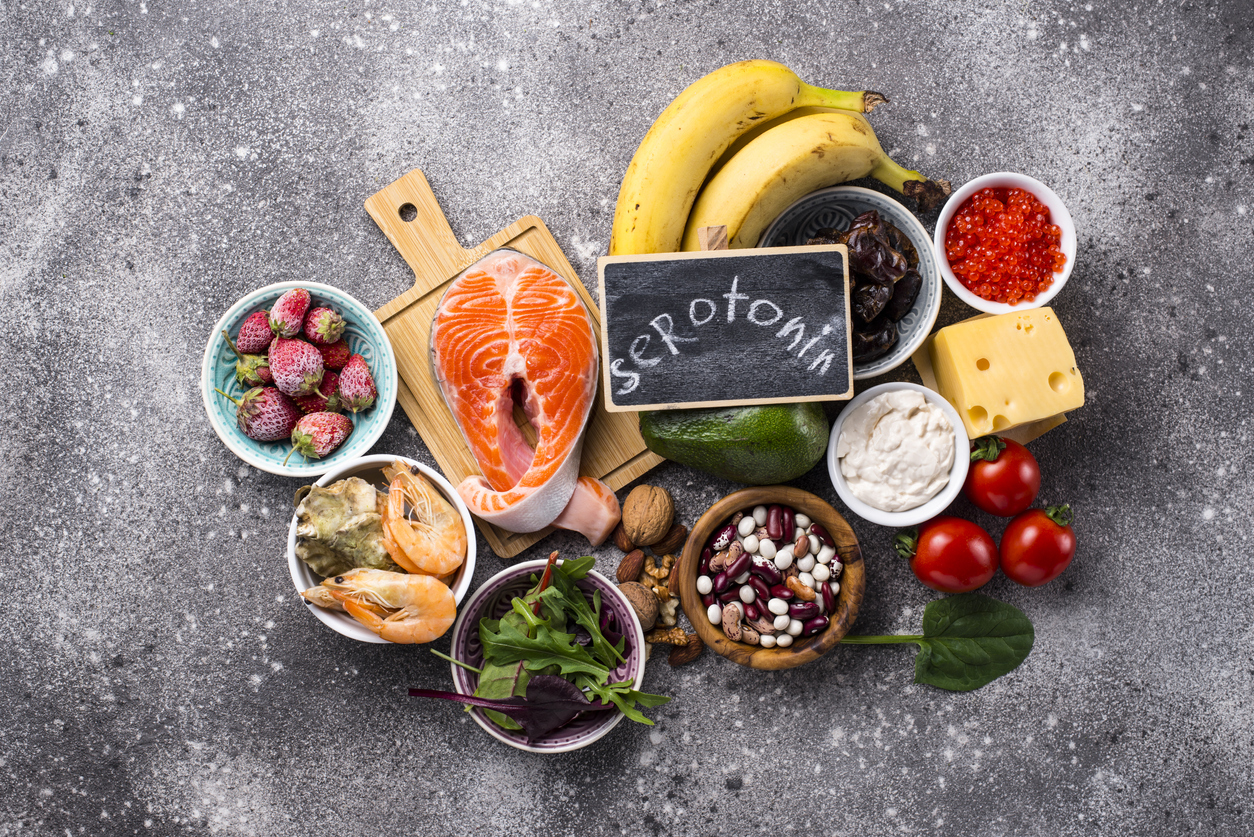Does magnolia increase serotonin?
The Magnificent Power of Magnolia: Does it Increase Serotonin Levels?
Exploring the Relationship between Magnolia and Serotonin Production for Enhanced Well-being
Introduction:
In the realm of natural remedies, magnolia has emerged as a popular botanical with numerous potential health benefits. Among its purported effects is its ability to increase serotonin levels in the body. Serotonin, often referred to as the “happy hormone,” plays a crucial role in regulating mood, sleep, appetite, and overall well-being. In this article, we will delve into the scientific evidence surrounding magnolia’s impact on serotonin production, shedding light on its potential as a natural serotonin booster.
Understanding Serotonin and its Effects:
Serotonin is a neurotransmitter responsible for transmitting signals between nerve cells. It influences various physiological and psychological processes, such as mood regulation, anxiety reduction, and appetite control. Maintaining optimal serotonin levels is essential for overall mental and emotional well-being.
Magnolia Bark
Magnolia and Serotonin:
While research on magnolia’s effects on serotonin production is still limited, initial studies have shown promising results. Magnolia extract contains bioactive compounds, such as magnolol and honokiol, which are believed to interact with serotonin receptors in the brain.
Studies have suggested that magnolol and honokiol can modulate the release and reuptake of serotonin, potentially increasing its availability in the brain. This mechanism may contribute to the anxiolytic and mood-enhancing effects associated with magnolia supplementation.
Anxiety and Depression Relief:
Anxiety disorders and depression are often linked to imbalances in serotonin levels. By potentially increasing serotonin availability, the magnolia extract may offer relief for individuals suffering from these conditions. Preliminary studies have demonstrated its anxiolytic and antidepressant properties, although more research is needed to establish conclusive evidence.
Sleep and Relaxation:
Serotonin also plays a vital role in regulating sleep-wake cycles. Magnolia’s potential to increase serotonin levels may promote better sleep quality and help combat insomnia. By supporting relaxation and reducing stress, magnolia may contribute to a more restful night’s sleep.
Appetite Control:
Serotonin has been implicated in appetite control and satiety. Low serotonin levels can lead to increased food cravings and overeating. Magnolia’s potential to modulate serotonin activity may aid in appetite regulation, potentially assisting with weight management efforts.
Understanding the Serotonin-Magnolia Link:
In the realm of natural remedies, magnolia has emerged as a captivating subject of study. Beyond its aesthetic appeal, researchers have delved into its potential to impact neurotransmitter levels, particularly serotonin. Serotonin, often dubbed the “feel-good” neurotransmitter, plays a pivotal role in mood regulation, sleep, and overall well-being.
Exploring the Research Landscape:
Studies exploring the relationship between magnolia and serotonin have yielded intriguing findings. Research suggests that certain compounds found in magnolia bark, such as honokiol and magnolol, may exert an influence on serotonin receptors in the brain. This interaction has sparked interest in the potential mood-enhancing properties of magnolia supplements.
Unraveling the Benefits:
Individuals seeking natural solutions for mood support may find magnolia supplements appealing. By potentially modulating serotonin levels, magnolia could offer a complementary approach to promoting emotional balance and stress management. Moreover, its calming properties may contribute to improved sleep quality, further enhancing overall well-being.
Navigating the Landscape of Natural Supplements:
When considering magnolia supplements, it’s crucial to prioritize quality and purity. Opting for reputable brands and products backed by scientific research ensures efficacy and safety. Additionally, consulting with a healthcare professional can provide personalized guidance tailored to individual needs and health concerns.
Conclusion:
While research on the effects of magnolia on serotonin production is still in its early stages, initial findings suggest a promising relationship. Magnolia extract, containing bioactive compounds like magnolol and honokiol, may influence serotonin availability and offer potential benefits for anxiety, depression, sleep, and appetite control.
It is important to note that individual responses to magnolia supplementation may vary. As with any natural remedy, consulting with a healthcare professional is recommended before incorporating it into your routine, particularly if you have existing medical conditions or are taking medications.
As research continues, further investigations are necessary to fully understand the mechanisms of magnolia’s impact on serotonin levels. Nevertheless, the potential of this botanical extract as a natural serotonin booster highlights its growing significance in the field of mental and emotional well-being.
- Magnolia and serotonin
- Natural serotonin booster
- Magnolol and honokiol
- Anxiety and depression relief
- Sleep and relaxation
- Appetite control
- Magnolia bark serotonin connection
- Does magnolia increase serotonin naturally?
- Benefits of magnolia for serotonin levels
- Magnolia supplements for mood support
- Serotonin modulation with magnolia
- Natural remedies for serotonin balance
- Magnolia bark and emotional well-being
- Exploring magnolia’s impact on neurotransmitters
- Choosing quality magnolia supplements
- Magnolia bark for stress and sleep
[Sassy_Social_Share]



